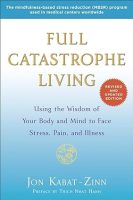

In the fast-paced world we live in, finding moments to unwind and relax is essential for nurturing our inner beauty and overall well-being. Relaxation and stress management play a crucial role in maintaining a healthy mind and body. When we take the time to relax, we reduce the negative impacts of stress, which can affect our physical health, mental well-being, and even our outward appearance. By prioritizing relaxation, we can enhance our inner radiance and create a more balanced, fulfilling life.

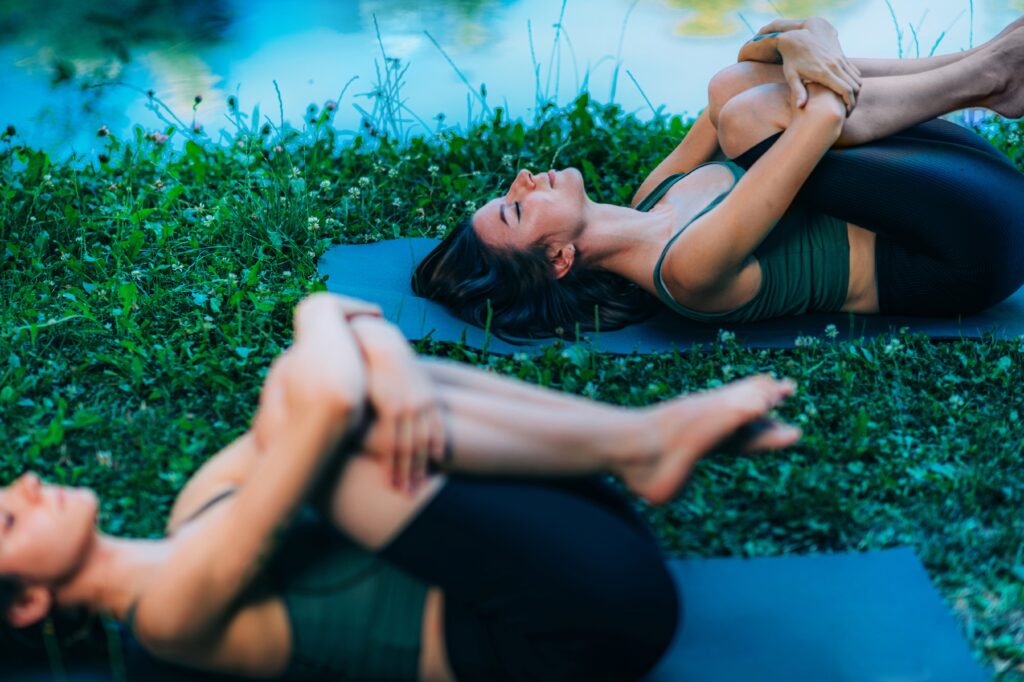
A technique involving tensing and then relaxing different muscle groups to promote relaxation and reduce muscle tension.
Video Tutorial:
Progressive Muscle Relaxation Video
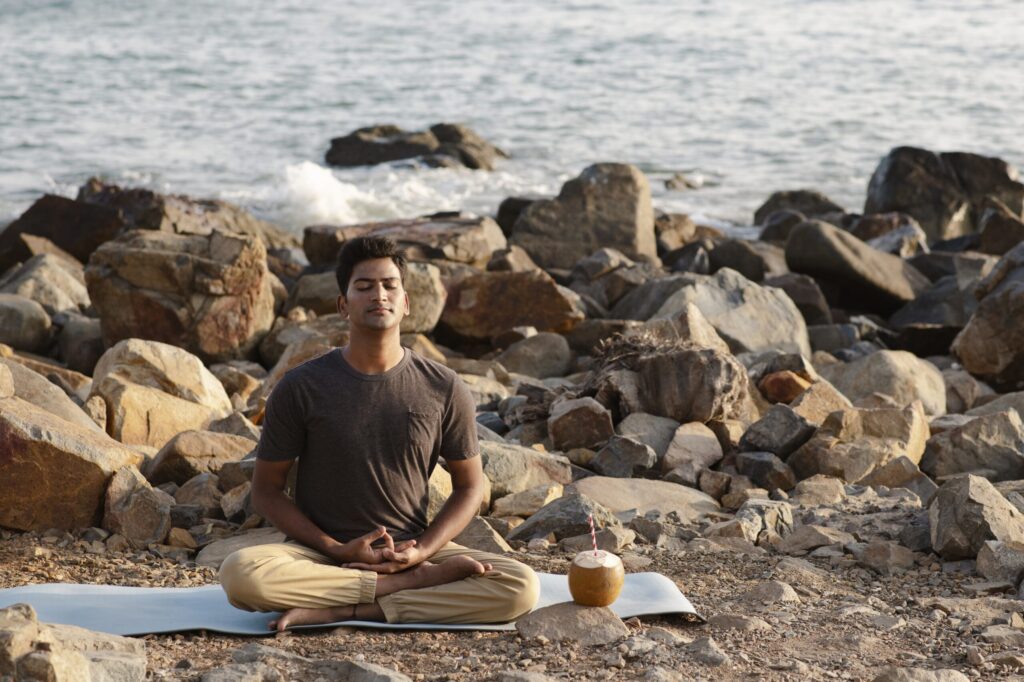
A practice that involves imagining peaceful scenes or experiences to promote relaxation and reduce stress.
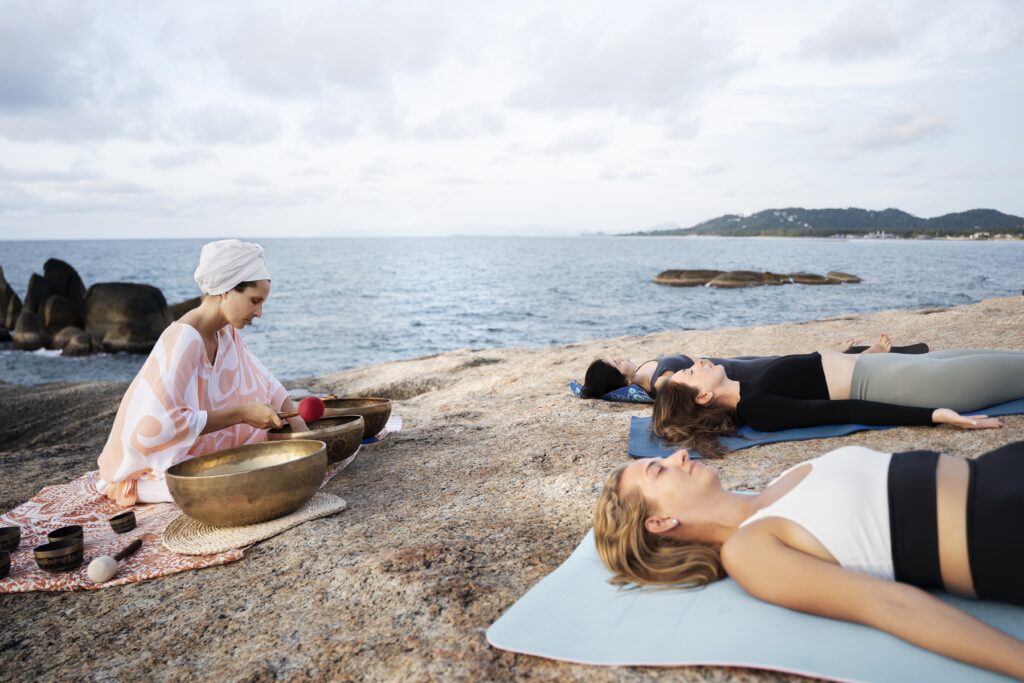
A form of guided meditation that promotes deep relaxation and stress relief
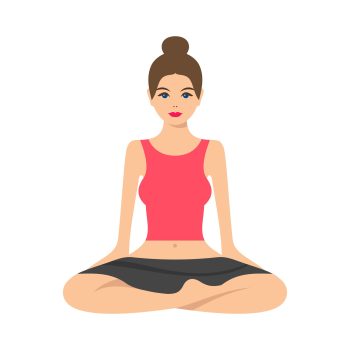
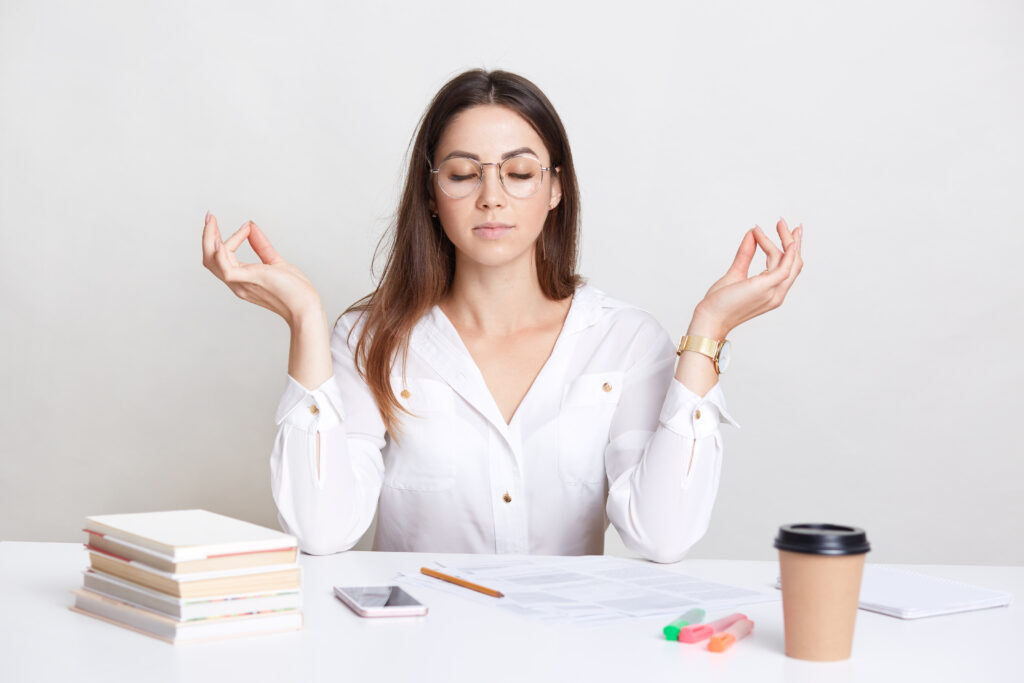
Video Tutorial:
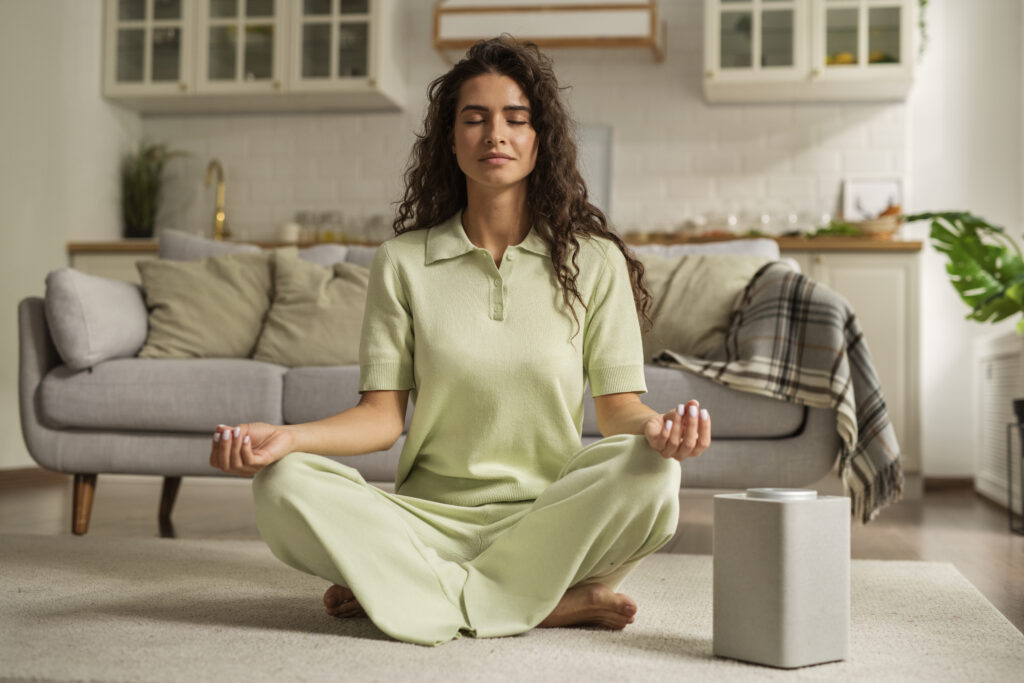
Video Tutorial:
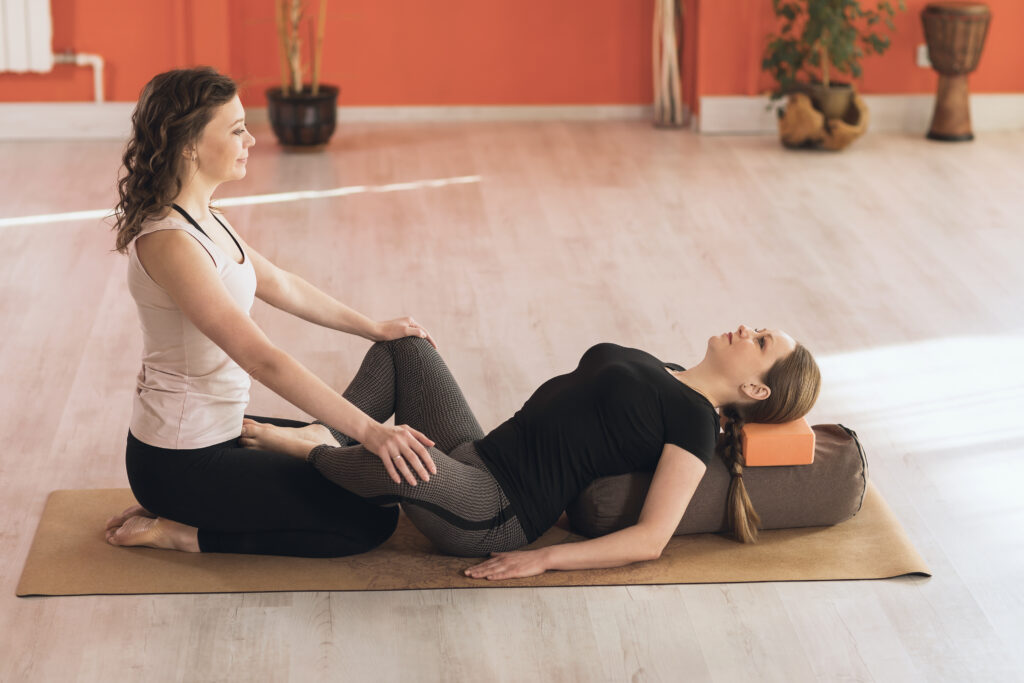
Video Tutorial:
Mindful living is the practice of being fully present and engaged in the present moment, without judgment or distraction. It involves paying attention to your thoughts, feelings, bodily sensations, and the surrounding environment with openness and curiosity.
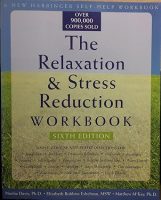
Link: Buy on Amazon India
